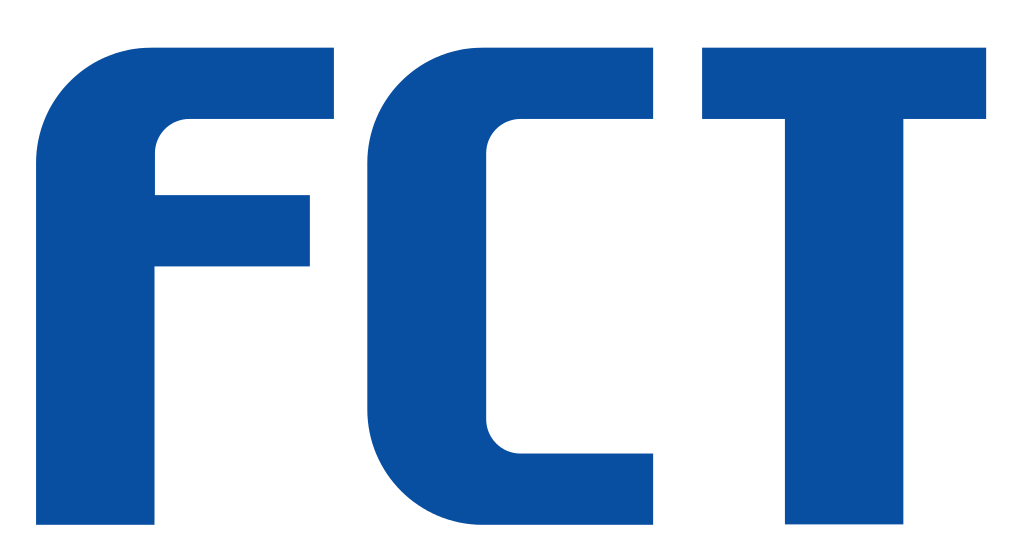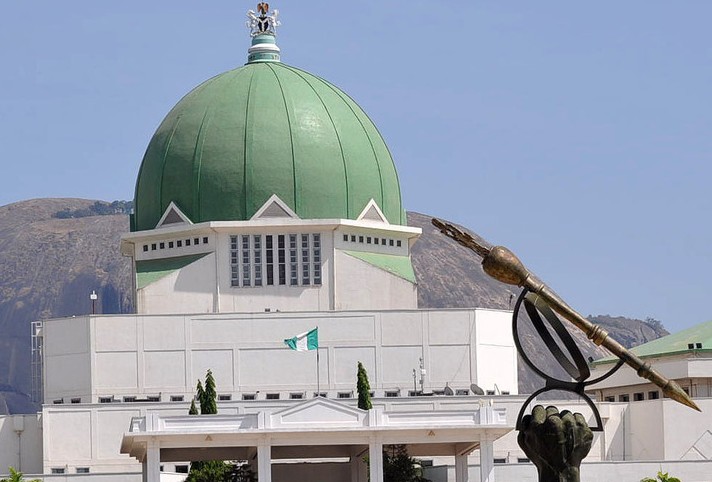
By Kelechi Ogunleye
Some traders in Abuja have lamented the spike in transport fares as fuel stations hiked the pump prices of petrol.
The traders expressed their displeasure in an interview with the News Agency of Nigeria (NAN) correspondent in Abuja.
NAN reports that barely hours after President Bola Tinubu said “fuel subsidy is gone” in his inaugural speech, long queues resurfaced across petrol stations in major cities, especially in Abuja.
A corn seller, Agatha Emmanuel, said that she had been unable to get her supplu of fresh corn from the farmers due to the increase in fares.
“We buy daily from the farmers but since Tuesday, I have not been able to go to the farm because from Dutse Alhaji to Bwari, where I buy the corn from, it is now N400.
“How much do I make in a day to spend that amount just for transporation? I make a little profit from the boiled corn I sale.
”I can’t make it”, she said.
Another trader at the Area 1 Shopping Centre in Garki, Mrs Edna Oke, who resides in Kuje, FCT said:”transportation fare to Area 1 from Kuje is now N1, 500 as against N400.
”By the time they see my sack of plantains, the car owner will charge me between N2,000 and n3,000. How much will I add on the plantains I am selling?
”Will people buy it? I am begging the government to do someting about this. May be they should bring buses that will carry passengers at reduced rates,” she said.
Also, a food vendor at the Charlie Boy Junction in Gwarimpa, Mrs Eunice Okafor, said that she increas
ed the price of her food due to increase in cost of transportaion.
Okafor said that the price of foodstuffs in the market had soared. From that Tuesday, I know how much I spent on getting my ingredients for the food I cook.
”It has not been easy. Our customers are also complaining. Infact some of them have stopped patronising us.
”There is no food for N500 now. I can’t blame them because people don’t have enough money to move around not to talk of buying food.
A solar panel distributor, Mr Idowu Arogundade, said that his business is about moving to deliver the products to customers.
”The federal government might have good intentions for the removal of petrol subsidy but it is too sudden and not the right time for my business.
“I have so many solar panel orders which have to be delivered to clients. Some clients have also paid me upront.
”Do I go back and tell them to add extra money for transporation? The orders are in different districts of Abuja.
‘We pay truck drivers to transport these panels. Now we will have to pay them money because of the fuel price hike which is hilarious,” he said.
A commercial vehicle driver at the Wuse Market Motor Park, who pleaded anonymity, said that the increase in transport fares was not the fault of the transport operators.
He said that motorists buy petrol between N500 and N700 per liter in Abuja and neighbouring Nasarawa state.
”You should check it yourself now. Cost of transpotation has to go up too. I want to call for a meeting of the FCT transport regulation organisations with transport union leaders in order to have common fares,
”This way, people will not suffer too much,” he said.
NAN reports that the Nigerian National Petroleum Company Limited (NNPC) has adjusted the pump price of petrol by nearly 200 to between N488 and N557 nationwide.
The prices have now been adjusted upward from between N189 to N194 to N537 per litre in Abuja and other North-central States.
NAN reports that the Group Chief Executive Officer, NNPC, Mele Kyari, on Thursday allayed the fear of Nigerians on the rising prices of PMS, known better as petrol across the country.
The NNPC boss said competition among major players in the oil sector would force down the price of petrol as against the upward trends that have caused panic in the country.
Kyari said the removal of subsidy would allow new entrants into the market, a move he said, would aid competition and phased out monopoly.
This, he claimed, would ensure healthy competition which would ultimately lead to a downward review of pump prices of petroleum across the country.
He said, “The beauty of this (subsidy removal) is that there will be new entrants (into the market) because oil marketing companies’ reluctance to come into the market all along is the very fact of the subsidy regime that is in place. (NAN)



